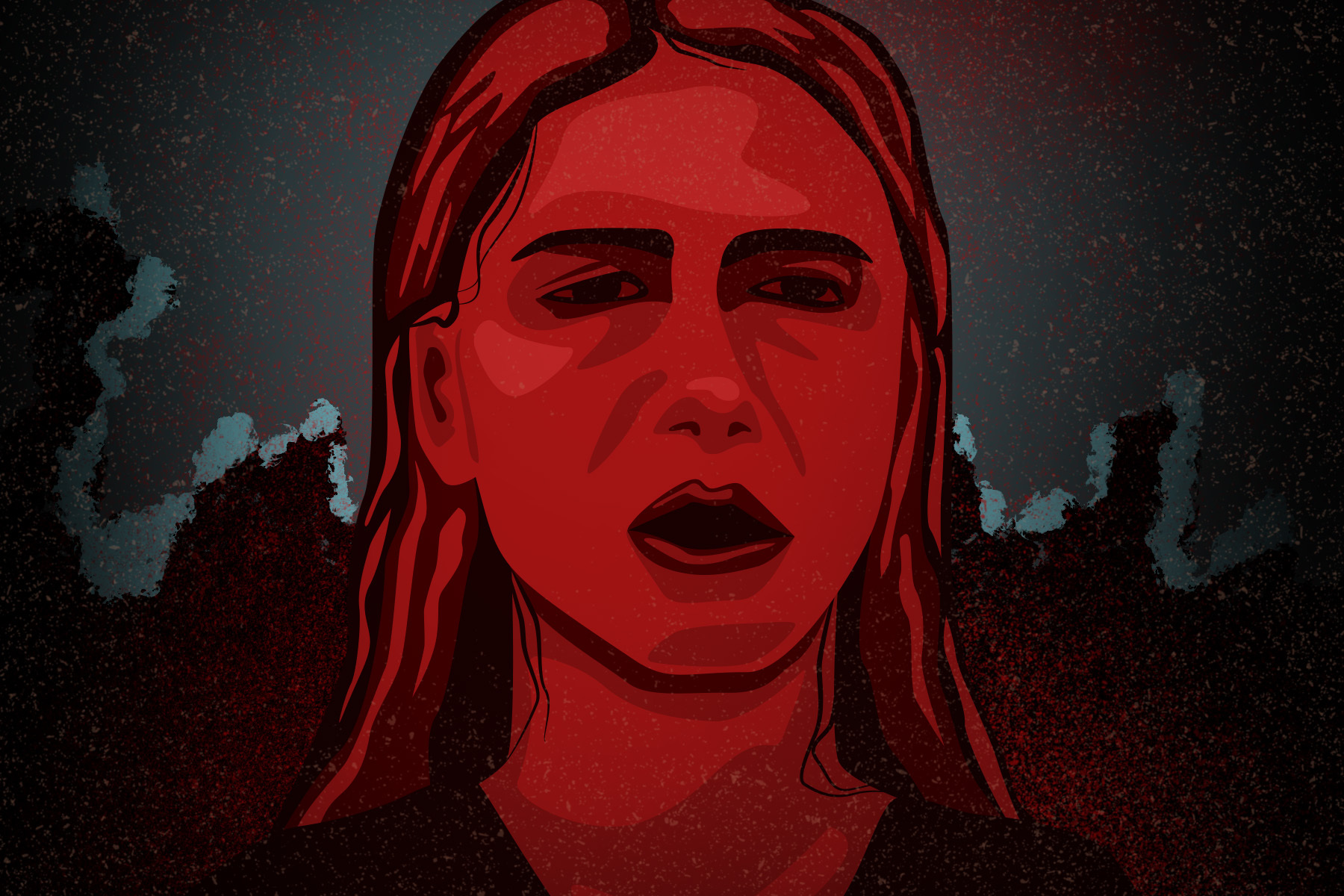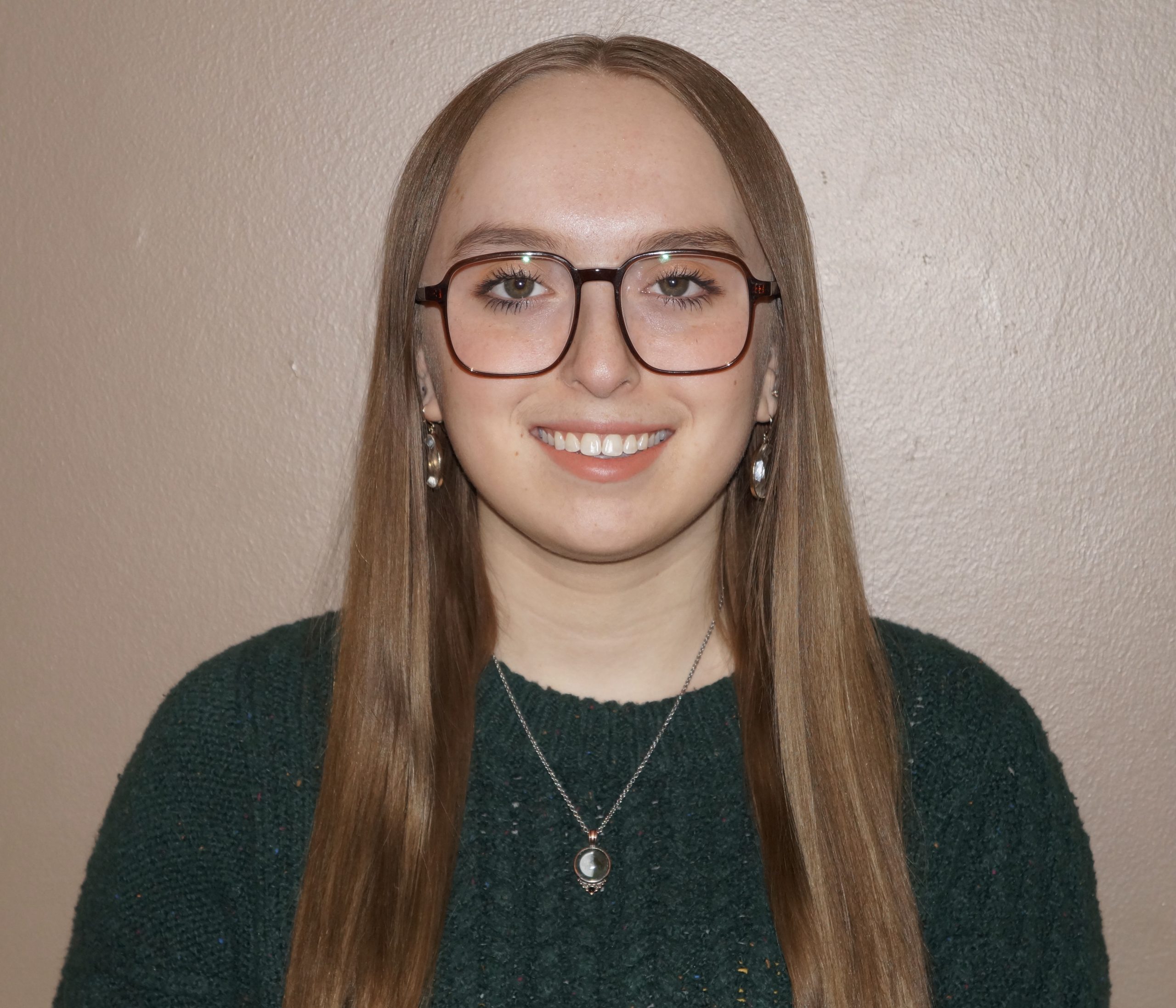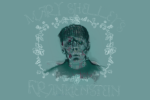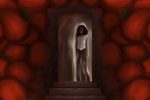Picture this: Your husband, with whom you had a happy and healthy relationship for many years, takes his own life. After his death, you find out that he was keeping an entire world of secrets from you, including a mirrored version of your house built just across the lake. What would you do? It’s a very particular hypothetical and one that David Bruckner asks audiences to consider in “The Night House,” a horror movie released in August. From its first trailer, Brucker’s project promises a heady, atmospheric ride through the damaged psyche of a grieving woman. Did it deliver?
Plot is Key
“The Night House” begins with Owen’s suicide, or at least its aftermath. His wife, played by the magnetic Rebecca Hall, is devastated. She tries to make sense of her husband’s final decision — to take a gun she didn’t know he owned out on a boat to the middle of the lake and shoot himself — but she simply can’t. Meanwhile, life is drowning her; from school board meetings to awkward social outings, Beth is struggling, and the people in her life have taken notice.
All Beth is left with is a cryptic suicide note. “You were right. There is nothing. Nothing is after you. You’re safe now,” echo Owen’s seemingly meaningless last words. Beth spends her days wallowing and sifting through Owen’s things, but it’s at night when strange occurrences begin. Soon, Beth is convinced the house is being haunted by her dead husband.
Around this time, Beth also stumbles across some unexpected revelations among Owen’s belongings. She finds a photograph of a woman on his phone that looks almost exactly like her and the architectural plans for a version of their house that differs on only one detail: Everything is reversed.
Supernatural happenings continue, and Beth’s mental state seems only to decline. “The Night House” deals heavily with mental health, touching on Owen’s absence of any warning signs and Beth’s reveal that she was always the one with “dark thoughts.”
The film also focuses on mortality; Owen’s death is paralleled by Beth’s experience years ago in which she suffered a near-fatal car crash and was actually dead for four minutes before being revived. Religion and the afterlife are obvious questions at the front of her mind as she attempts to comprehend the unnatural goings-on.
Experience and Tone
Bruckner throws a barrage of plot elements at the audience, each one more confusing and erratic than the last. Secrets of a damaged marriage turn into dark experimentation with the occult, and before you know it, the nucleus of the film has almost entirely shifted. But is that a bad thing?
There’s no doubt that the scares are effective. My friend and I nearly fell out of our seats several times, and we did accidentally spill the bag of pretzels we’d smuggled into the theater after one particularly loud jump scare. The tension is thick from the very first scene, never offering audiences even a moment of respite or security. Even daylight scenes feel shrouded in the heavy shadow of Owen’s ghost, and the night scenes are downright terrifying.
Rebecca Hall is incendiary. Owen might be the one who’s departed from the land of the living, but Hall’s Beth is a mesmerizingly spectral presence throughout the movie. Her performance is raw and haunting, and she does much of it on screen by herself. It’s the kind of film that cannot work without 110% effort from its central heroine, and Hall delivers — as always.
“The Night House” is a visually stunning project. Bruckner’s camera work is smooth and unsettling, gliding through the broken scenes of Beth’s life with deft precision. The plot’s reliance on mirror images and physical spaces plays well on screen, making the majority of the shots unique. In conjunction with a beautifully jarring soundtrack and foley, the film’s craft tells a really cohesive story.
The Burden of Expectation
With all that praise in mind, how does “The Night House” still manage to fall short? I think expectations were not Bruckner’s friend in this endeavor. For starters, the trailer revealed a lot about the film’s plot: Owen’s suicide note, whispers of the occult and the presence of the mirrored house. It even shows a clip in which Beth enters the reverse house and sees herself sitting on the couch. From the first moment, audiences are primed not to trust anything they see. They’ve already been coaxed into the “It was all a dream” mindset before even entering the theater.
Granted, the trailer was what made me so excited to watch the movie. The central problem was just so fascinating — though I wonder if the film could have benefited from revealing that problem a little later. After all, the film’s greatest successes were in its ambiguity. The script is at its best when it morphs into a mystery-thriller flick, complete with Detective Beth and her frenzied quest for the truth at all costs.
I wish the film would have leaned more into that mystery and ambiguity. The final reveal was the most likely of all the possibilities floating around in my head, and even that one could only be established through a mid-climax info dump. I prefer when films and their directors can trust audiences to make those leaps themselves, but I also wonder if the first two acts of “The Night House” were sensical enough to make that a possibility.
Perhaps the info dump was necessary, but I still don’t think that it was. Bruckner didn’t need to explicitly spell out the sequence of events and show the man behind the curtain, so to speak. As I understand it, “The Night House” is an allegory for mental health and shared trauma, and those themes shone through even without the final act exposition. Bruckner actually might have benefited from a touch of nihilism a la “It Comes at Night.” In other words: You don’t always need an answer.
“The Night House” suffers under the burden of expectations. By nature of its plot and marketing, it situates itself in the center of a large corpus of movies that attempt something similar. It seems to take inspiration from the heavy-handed use of allegory from “The Babadook” and the relationship-drama-horror with a healthy dose of feminine sensibilities from “The Invisible Man.” Whether those were intentional moments of homage or not, the baggage is still there, and “The Night House” might have succeeded more by carving its own niche. It’s not any of those movies, and holding it to that precedent does it a disservice.
Still, cerebral horror movies are in vogue. There’s a reason films want to be compared to the work of directors like Ari Aster or Jordan Peele: That brand of thrill is intensely marketable. In some ways, “The Night House” delivers on its promises. Hall deserves endless kudos for her efforts, and the atmosphere is palpable. However, where the script loses its footing and where the film’s context becomes problematized are one and the same, and I think that points to the issue of studios being afraid to take chances on truly original projects. Though, to its credit, “The Night House” endeavors to be innovative, and all minutiae aside, it’s a fun, scary watch.

















